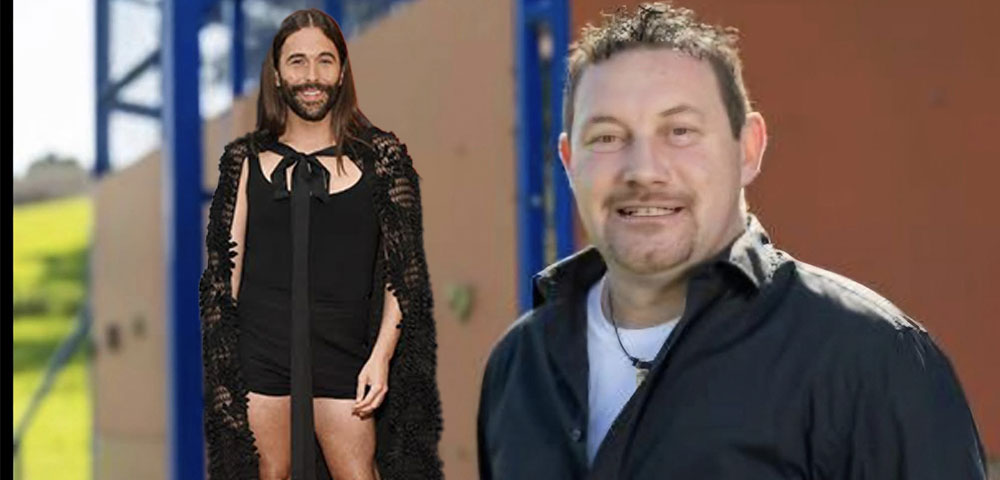
New genetic discovery for intersex people questioned by national intersex community group

A NEW genetic condition has been discovered that will help form another piece of the puzzle when it comes to understanding why some people are born intersex.
However, Australia’s peak body representing the intersex community has questioned why the research was done without the support of intersex-led organisations, and criticised it as another example of stigmatising intersex as “disorder”.
[showads ad=MREC]People who are intersex have reproductive organs, sexual anatomy, or chromosome patterns that don’t fit the typical binary definition of male (XY) or female (XX).
Researchers from the Hudson Institute of Medical Research in Victoria led a study that showed a mutated form of the FGFR2 gene can also cause XY sex reversal. The rare genetic intersex condition is called craniosynostosis with sex reversal (CSR).
One of the leaders of the study, sex genetics expert Professor Vincent Harley, said: “One to two per cent of live births are intersex, which can result in psychological trauma, infertility, lifelong endocrine care, multiple surgeries and increased risk of conditions like gonadal cancer.
“By identifying the genetic causes, clinicians are better equipped to precisely treat and manage the health risks and conditions associated with specific genetic intersex conditions.”
The latest discovery came after researchers studied mice with a very similar mutation. Currently, only 30 per cent of intersex people have a specific genetic cause.
“CSR is likely to be very rare, with potentially hundreds of people world-wide living with this or milder forms we just don’t know about,” Harley said.
Morgan Carpenter, the president of Organisation Intersex International Australia, believes the “disordering” of intersex has led to accelerated biomedicalisation.
“Resources and funding go to research like this, but not to community-based support or long-term follow up and testing has clear uses to de-select embryos and foetuses with intersex traits,” Carpenter told the Star Observer.
“The National Health and Medical Research Council, which funded this research, may soon permit IVF clinics to de-select embryos that have ‘serious genetic disorders’.
“Given the stigmatisation of intersex traits and poor quality information, parents and prospective parents need to hear directly from funded intersex-led support organisations.”
The study was published in the journal Human Molecular Genetics, and was a collaboration involving German, US and Australian researchers.
[showads ad=FOOT]








